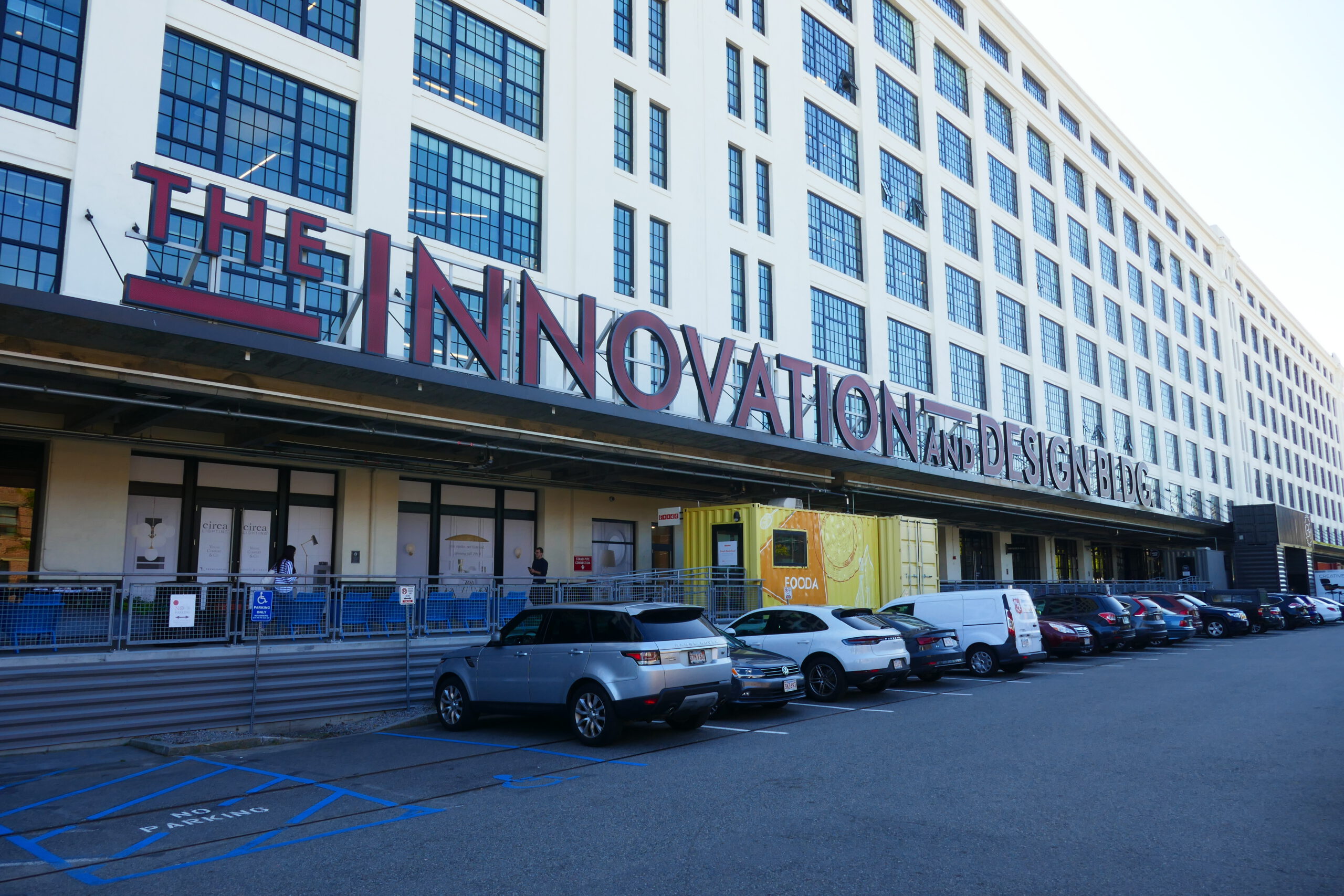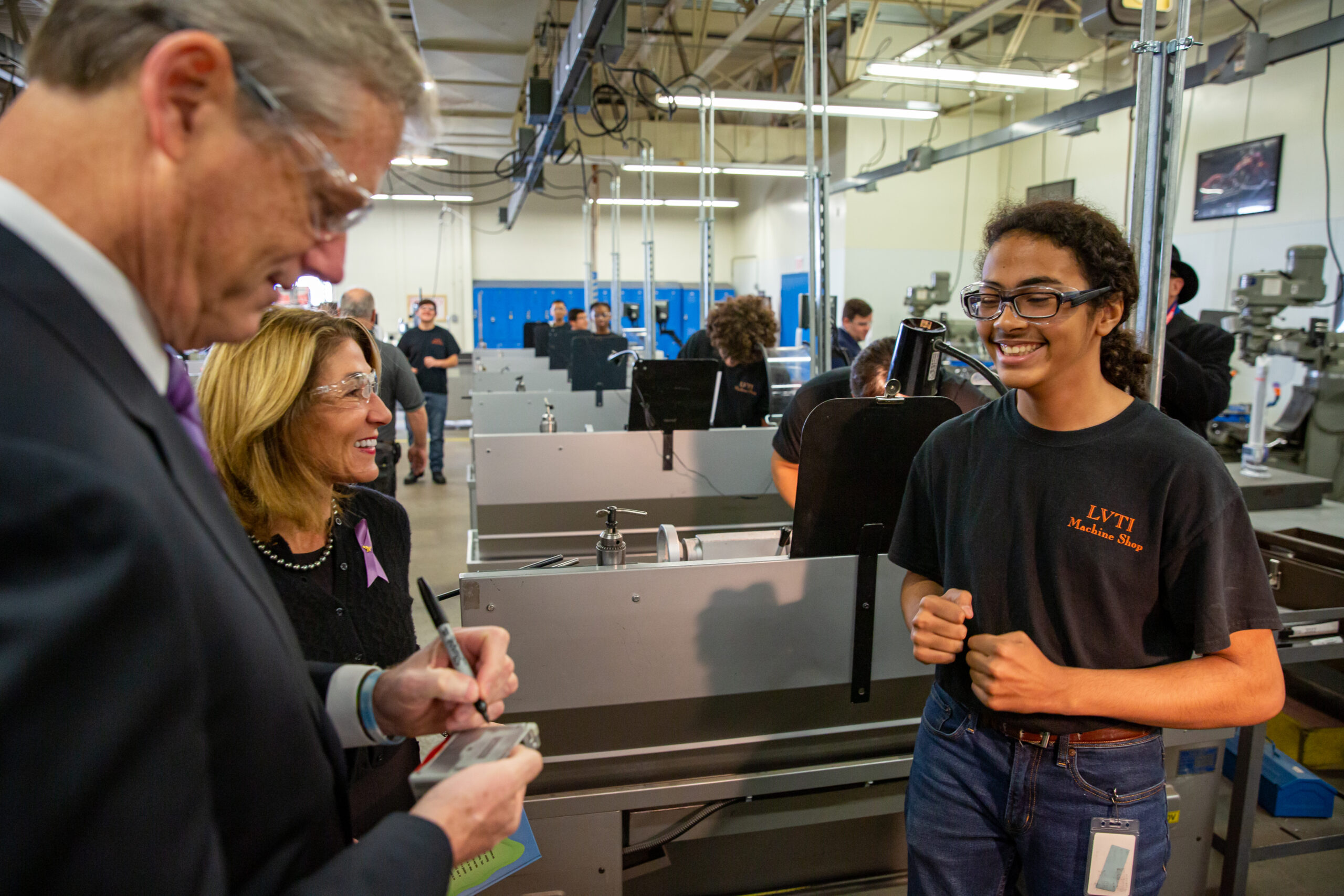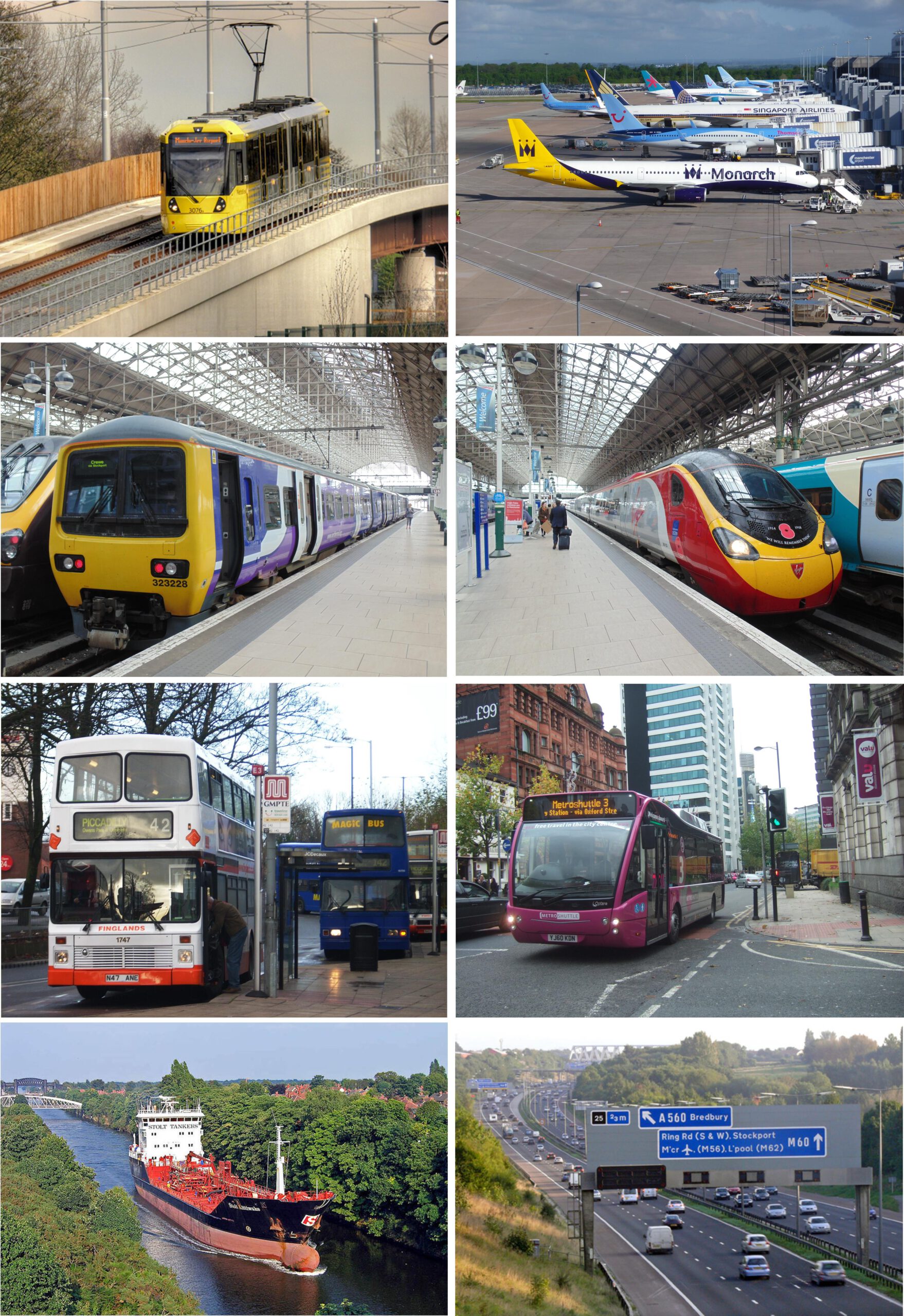The state of Massachusetts is often recognized for its rich history, vibrant culture, and academic excellence. However, beyond these well-known features, the state’s economy holds some fascinating insights. From its innovative industries to its robust workforce, Massachusetts has crafted an economic landscape that is both dynamic and diverse. Let’s delve into the top ten economic insights that make Massachusetts stand out.
Innovation Hub of the East Coast

Massachusetts has long been hailed as an innovation hub, particularly around the Boston area. This reputation is fueled by the state’s commitment to fostering research and development. With institutions like MIT and Harvard, Massachusetts becomes a breeding ground for cutting-edge technologies and breakthroughs. The state’s economy benefits immensely from this innovation ecosystem, attracting tech giants and startups alike. In fact, sectors such as biotechnology, robotics, and clean energy thrive here, driving economic growth and job creation. The innovation does not just remain within the confines of academia; it spills over into commercial applications, leading to a competitive edge in global markets.
Education as an Economic Powerhouse
Education is not only a pillar of society but also a significant economic driver in Massachusetts. The state is home to over 100 colleges and universities, making higher education a major industry. These institutions attract students from all over the world, contributing billions to the economy through tuition fees, housing, and local spending. The education sector also provides a steady stream of skilled graduates who fuel the workforce with fresh talent and ideas. This influx of educated individuals is crucial for sustaining the state’s innovation-driven industries. It’s a cycle where education feeds into the economy, which in turn supports the education sector.
Healthcare and Life Sciences: Pillars of Prosperity
Healthcare and life sciences are cornerstones of Massachusetts’ economy. The state hosts some of the leading hospitals and research institutions globally, such as Massachusetts General Hospital and Dana-Farber Cancer Institute. These institutions not only offer top-notch medical services but also engage in groundbreaking research. The life sciences sector, in particular, has seen exponential growth, with Massachusetts being home to numerous biotech companies. This sector alone contributes significantly to the state’s GDP and offers thousands of high-paying jobs. The synergy between healthcare providers and life sciences companies fosters an environment of collaboration and innovation, further strengthening the economy.
Technology: The Engine of Economic Growth
Massachusetts is a tech powerhouse, with a thriving industry that spans various fields, from software development to cybersecurity. The state’s tech sector is bolstered by a robust infrastructure and a skilled workforce. Companies like Akamai Technologies and HubSpot, which started in Massachusetts, have become global leaders in their respective fields. The tech industry’s contribution to the economy is substantial, both in terms of employment and revenue generation. Moreover, the state’s focus on technology ensures that it remains at the forefront of digital transformation, making it an attractive destination for tech investment.
Robust Workforce and Employment Opportunities

The workforce in Massachusetts is one of its most valuable assets. Known for being highly educated and skilled, the state’s labor force is a magnet for businesses looking to tap into top talent. Massachusetts boasts a low unemployment rate, indicative of a healthy job market. The state’s diverse economy offers employment opportunities across various sectors, from finance and healthcare to manufacturing and education. This diversity not only provides job security but also promotes economic resilience, allowing Massachusetts to weather economic downturns better than many other states.
Real Estate: A Market of High Demand
The real estate market in Massachusetts is characterized by high demand and competitive pricing. Cities like Boston are known for their soaring property values, driven by a mix of limited supply and high demand from both residents and investors. The state’s thriving economy and quality of life make it a desirable place to live, further fueling the real estate market. While this can pose challenges for affordability, it also reflects the state’s economic vitality. Real estate development continues to be a significant contributor to Massachusetts’ economy, with ongoing projects in both residential and commercial sectors.
Tourism: A Steady Contributor
Tourism is another important facet of Massachusetts’ economy. The state’s rich history, cultural landmarks, and scenic beauty attract millions of visitors each year. From the Freedom Trail in Boston to the beaches of Cape Cod, the tourism industry supports local businesses and generates substantial revenue. Events like the Boston Marathon and various cultural festivals further boost tourism, bringing in visitors from around the globe. The industry not only contributes directly to the economy but also indirectly supports sectors like hospitality, retail, and transportation.
Manufacturing: Adapting to Modern Needs
While often overshadowed by high-tech industries, manufacturing remains a vital part of Massachusetts’ economy. The state has a rich manufacturing heritage, which has evolved to meet modern needs. Today, Massachusetts is known for advanced manufacturing, focusing on high-value products like medical devices and aerospace components. This sector benefits from the state’s emphasis on innovation and skilled labor, enabling it to compete in global markets. Manufacturing in Massachusetts is characterized by its adaptability and focus on quality, ensuring its continued relevance in the state’s economic landscape.
Financial Services: A Pillar of Stability
The financial services industry in Massachusetts is a cornerstone of the state’s economic stability. Boston, in particular, is a major financial hub, home to leading investment firms, banks, and insurance companies. This sector provides a wide range of services, from asset management to financial consulting, contributing significantly to the state’s GDP. The presence of a robust financial sector also supports other industries by facilitating investment and growth. Furthermore, the industry’s focus on innovation, such as fintech, ensures its continued evolution and relevance in a rapidly changing world.
Transportation Infrastructure: Facilitating Economic Activity

Transportation infrastructure is a critical enabler of economic activity in Massachusetts. The state’s well-developed network of roads, railways, and ports facilitates the movement of goods and people, supporting commerce and trade. Boston’s Logan International Airport is a major gateway for international travel, connecting Massachusetts to global markets. Investments in infrastructure projects, such as the expansion of public transit systems, further enhance the state’s economic competitiveness. Efficient transportation not only supports existing industries but also attracts new businesses, contributing to the overall economic growth of Massachusetts.


